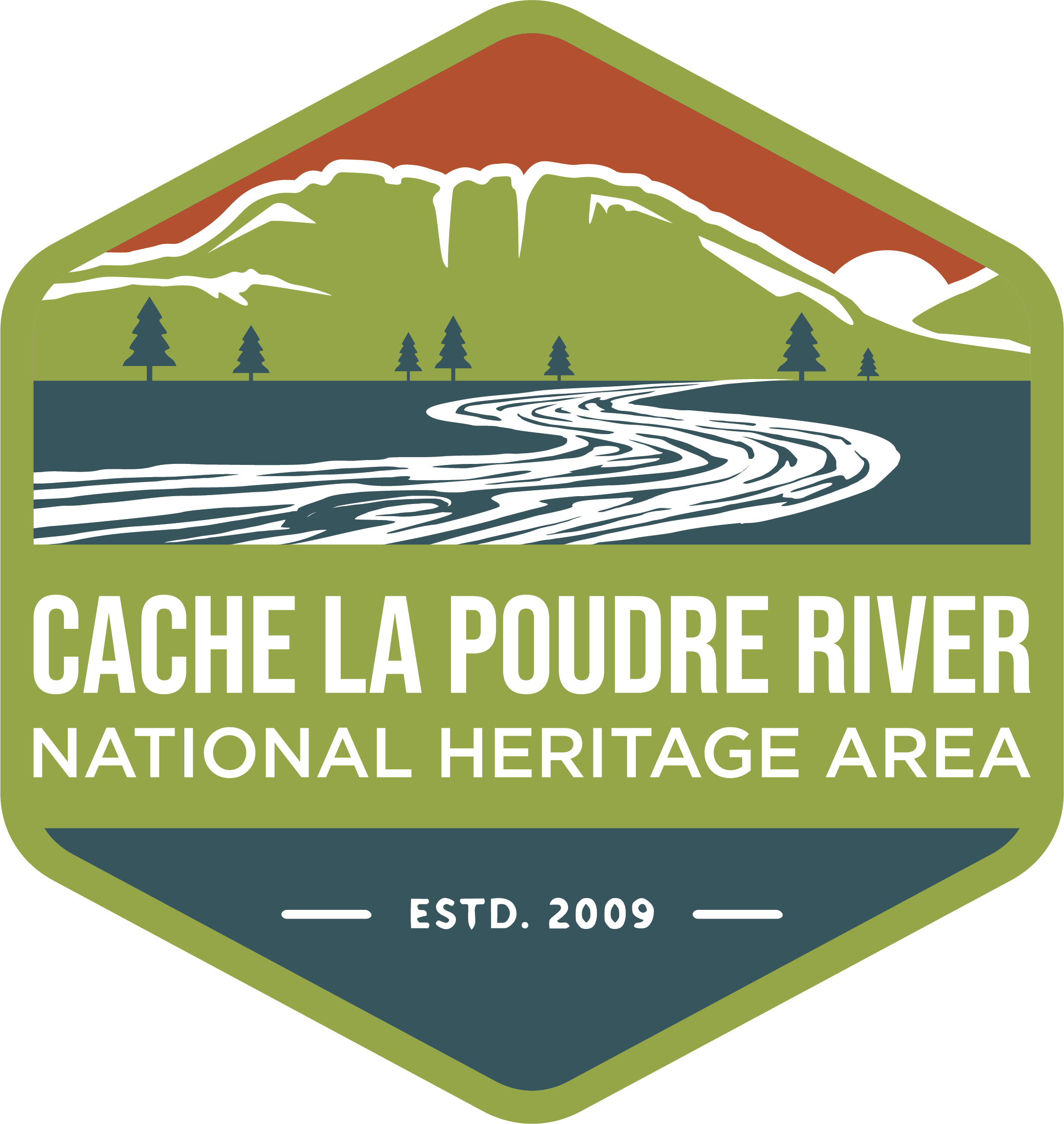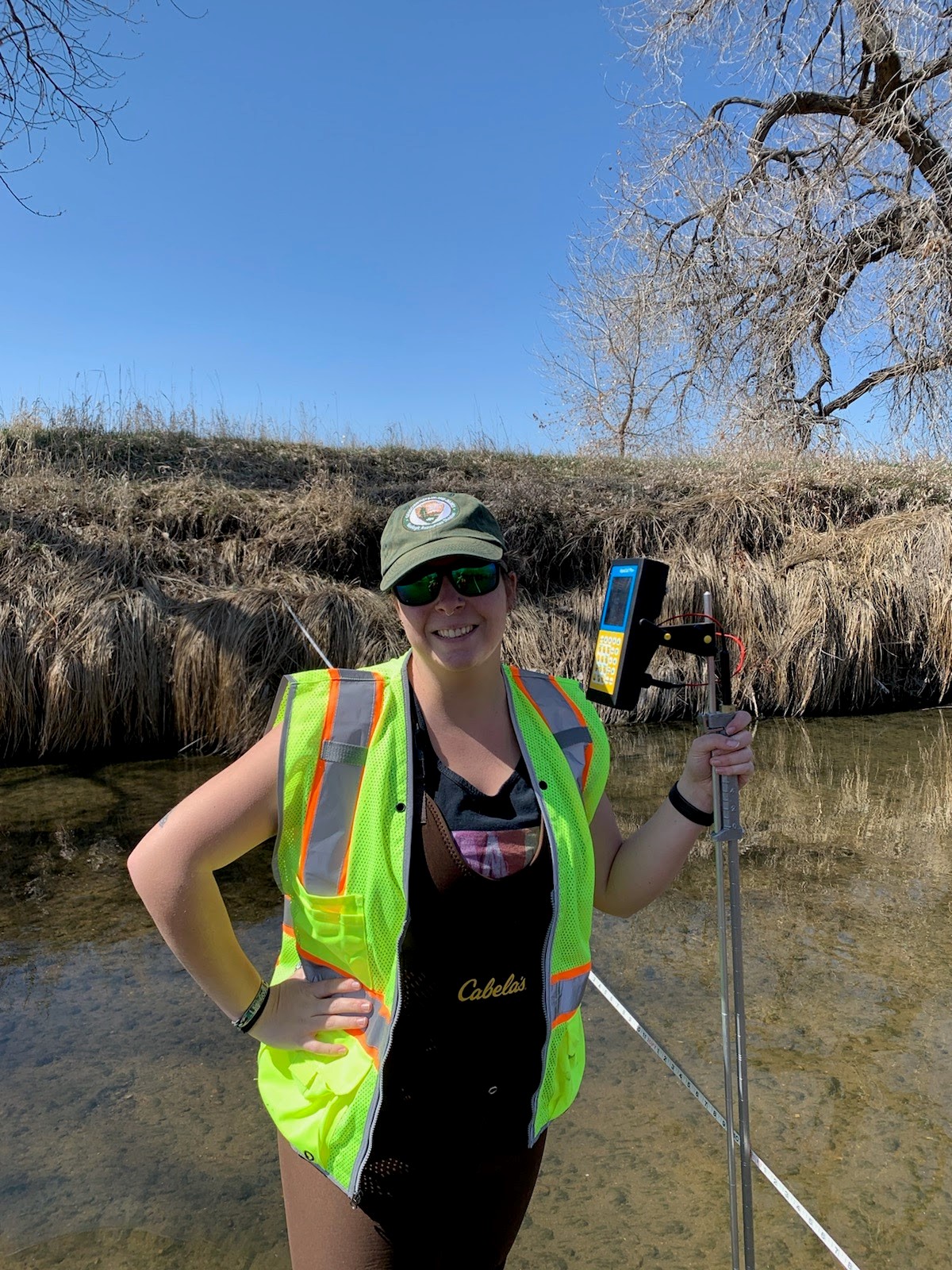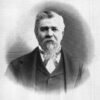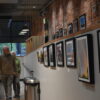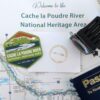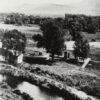by Alexi Richmond, UNC Undergraduate in Earth Sciences (Class of 2020)
The opportunity to do field work in an undergrad degree is varied and not many students get to assist in research or field work unless it is a requirement of a class. I have been really fortunate to assist my professor this past year and help set up a baseline analysis for future long-term monitoring of the Poudre River in Greeley.
Through this I have learned more skills/practical experience than my whole undergraduate degree combined. I’ve gotten to use devices I never even thought of using such as an GPS, RTK, Flow Meter and of course processing data with Excel. I didn’t realize there was equipment that could calculate such things as measuring cross sections in not only latitude and longitude but as well as elevation so we could see a horizontal view. I also didn’t realize there was such a thing as a flow meter in which it measures the discharge of water; an entire volume of water that moves every second! In class, we had calculated relative discharge with a ping pong ball and a stopwatch and at the time I thought that was just how you took measurements but using the flow meter was a whole other story. It is so much more accurate and it calculates discharge for you which is amazing. It gave me a different perspective on water movement and I feel seeing and doing it first hand I understand the importance of the Poudre River better with how much discharge is even at low flow times.
Throughout this entire project I have come to better understand my local river system and its importance to Northern Colorado. Using equipment has also given me a new perspective through finding how much fun and important collecting data on major rivers can be; possibly giving me a new direction with my degree. I can’t express how grateful I feel to be able to gain skills and experience using real equipment while being able to participate in research, all in my undergrad degree.
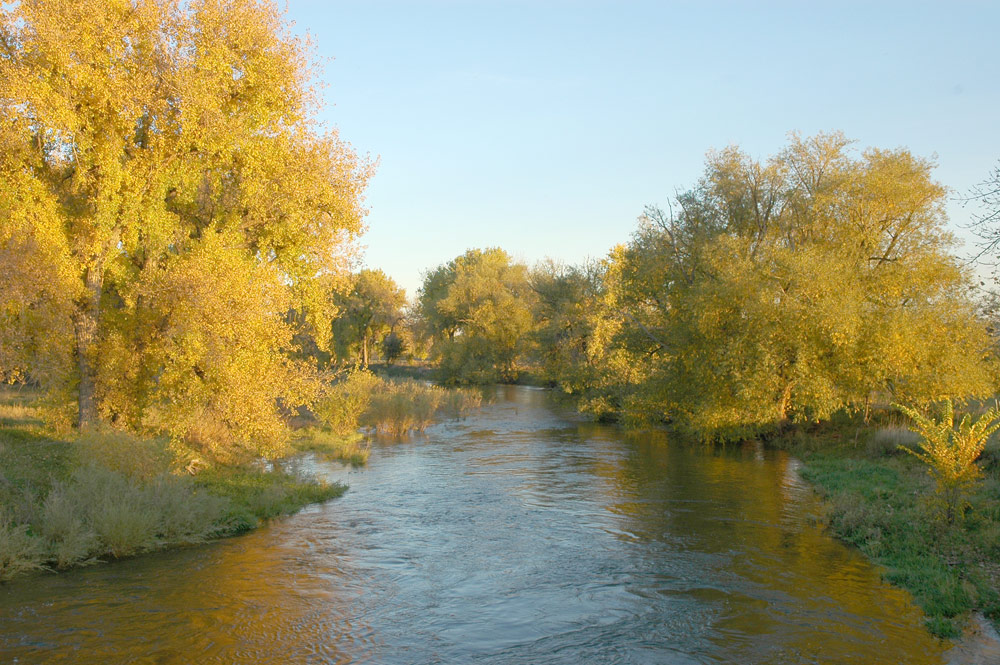
River Bluffs Open Space in Windsor, CO is one of the study sites for the UNC Water Quality Monitoring Project on the Poudre River.
About the PHA Grant – “UNC Water Quality Monitoring Project”
The lower Poudre River has experienced long-term channel changes associated with land-use practices and flow regulation. At River Bluffs Open Space, Larimer County has partnered with the Coalition for the Poudre River Watershed to hire Stillwater Sciences to restore a 5 km section of river reach. Goals include reconnecting the river with its floodplain and increasing disturbance, good for habitat development. At the Poudre Learning Center (PLC), the PLC has acquisitioned new land adjacent to the river. The PLC plans to use the property for research, education, outreach, and as community open space. PI and collaborators have installed water-quality monitoring equipment, including turbidity that measures water clarity―a proxy for fine sediment suspension―at each site. Comparing the dynamics of fine-sediment at these two sites provides the opportunity to link information about how two contrasting stream reaches are changing through time as a result of differential influences.
The project takes place at River Bluffs Open Space (Larimer County) and the Poudre Learning Center (Weld County). Fine-sediment dynamics influence channel adjustments that can cause flooding or harm aquatic habitat, and is therefore considered a pollutant under the US Clean Water Act. Project goals include 1) training students in water quality measurements and analysis; 2) establishing long-term monitoring stations at two contrasting Poudre River reaches; 3) using water-quality data to understand dynamics of fine sediment; 4) sharing data and results with stakeholders and the community to increase awareness of linkages between land-use/management and river health. This project contributes to PHA’s vision of placing our water management heritage in the context of current management challenges, including multiple stakeholders and uses.
To learn more about the Poudre Heritage Alliance Grant Program and grant award history please visit: https://poudreheritage.org/grant-award-history/
